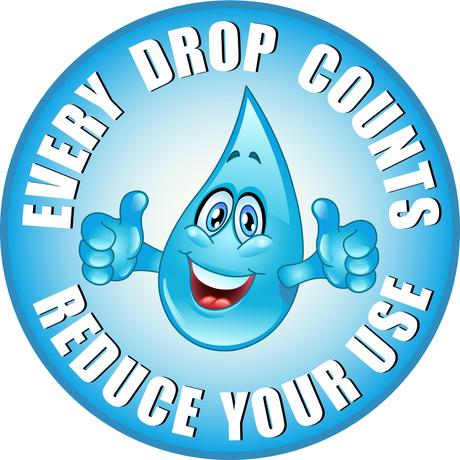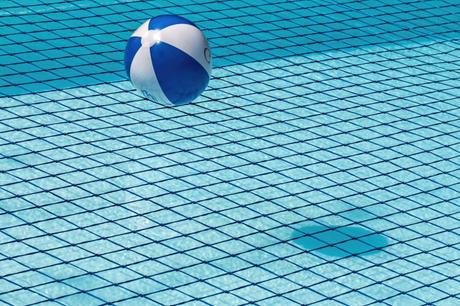8 Things That Adversely Affect Your Pool Water Chemistry
Having a pool and or a spa in your backyard can be fun, but it also increases your responsibility as a homeowner. Nobody wants their family, friends or neighbors to swim in unhealthy water and get sick, so as a homeowner you have to be extra cautious that your pool water chemistry is perfectly balanced.
So, what exactly is pool water chemistry? And, what are those things that adversely affect your pool water chemistry?
What is Pool water chemistry?
In order to keep your pool in perfect condition you need to work on two things. The first is to maintain the balance of water in your pool, and the second is proper sanitation. Proper water balance starts with maintaining the pH of your pool by keeping it between 7.4 and 7.6. Your swimming pool’s water alkalinity level should vary between 100 to 150 ppm, and your pool calcium hardness should be anywhere from 175 to 225 ppm. Or, if you have a plaster pool then the calcium hardness level must be between 225 to 275 ppm.
It is recommended that you test your pool water chemistry on a daily basis until you are familiar with your pool’s chemistry requirements. Chlorine is the most common chemical used for pool sanitization, and the recommended level is 3 ppm. This will keep your water chemistry in perfect shape, and make swimming a memorable experience for everyone who uses your pool.
Maintaining a healthy swimming pool is a tedious job, just about anything in excess can disturb your pool water chemistry. It becomes imperative that you keep checking your pool water chemistry on a regular basis, so that your family and friends can have a safe swimming experience.

Here are 8 things That Adversely Affect Your Swimming Pool Water Chemistry
- Lots of people swimming in the pool – It is not for nothing that you are told to rinse or take a quick shower before entering a pool. The more swimmers in your pool, the more you have to look after your pool water chemistry. Beauty products such as perfumes, soaps, hair gel, hairspray, shampoos, conditioners, and sunblock can make your pool water chemistry go haywire.
- Inadequate circulation– Your pool water needs to circulate a minimum of 10 hours every day during the daytime, though this varies due to factors such as the number of swimmers, water temperature, wind, sunlight, and rain. If the circulation of your pool water is adequate, it impedes the growth of bacteria as well as algae, and water that keeps moving optimizes the effect of sanitizer.
- Rain water – You have to maintain your pool water pH in between 7.4 and 7.6. Rainwater that enters your pool can lower your pH level. Your pool water then becomes acidic, which can corrode the surface of your pool and damage pool equipment. Also, it is not comfortable for swimmers to swim in water that is acidic, as it increases chlorine consumption. Furthermore, your pool chemicals get diluted due to rain water, which if not treated appropriately can cause an algae outbreak or make your pool water cloudy. It is therefore necessary for you to start the process of balancing your pool water chemistry immediately after the rain is over.
- Chemicals – A few pool chemicals might contain minerals, which when added to the pool disturbs the calcium balance of your pool. Though not directly related to pool water chemistry, calcium hardness plays an important role in the upkeep of your pool. Calcium is an important ingredient of your pool water, and if there is inadequate calcium hardness in your pool it will destroy the walls and equipment, while an increase in the calcium hardness of your pool can lead to scaling issues and other problems. Chlorine and chemicals that you buy from the store must be pure.
- Dirt– It is, of course, not healthy to swim in pool water that is not clean. Dirt, dust, and debris like leaves and plant life can disturb your pool water chemistry. In fact, any organic matter that can break down in your pool will throw your pool water chemistry off.
- Sunlight – The process of water evaporation and sunlight reduces the effectiveness of chlorine, as well as other chemicals. Also, sunlight contains ultraviolet rays, which react with chlorine, converting it into salt. The moment chlorines dissolves, your pool loses its sanitation completely. For outdoor pools it is a must for you to use a stabilizer, so that your pool remains properly sanitized.
- Heat– The temperature of your pool also affects the process of chlorine breakdown. We also know that several species of bacteria are known to thrive in water that is warm. In warmer water bacteria multiplies easily, which has the ability to consume free chlorine. You should therefore maintain your pool water temperature anywhere from 72 to 82 degree Fahrenheit. Also, if your pool temperature is constantly on the higher side, then it can lead to scaling problems as well.
- Source water- If you fill up your pool with well water, then you need to be careful because it can be high in iron content. If you are filling up your pool with tap water, then you have to watch out for its calcium content, as municipal water is mostly hard. Even the garden hose you use to fill your pool can disturb your pool water chemistry. Hence, whenever you add fresh water to your pool, it is recommended that you first test your pool water chemistry, before swimming.
If you are worried that your pool chemistry is off, call Certified Leak Detection for year-round maintenance.
If you are in Orange County, Orlando, Kissimmee, Altamonte Springs, Winter Garden, Winter Park, Apopka, Maitland, Seminole County, Oviedo, Longwood, Winter Springs, Brevard County, Osceola County, Volusia County, or Lake County, Certified Leak Detection will ensure that your pool water remains safe for swimming throughout the year.


